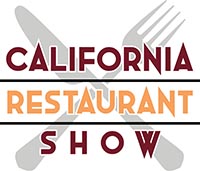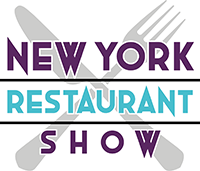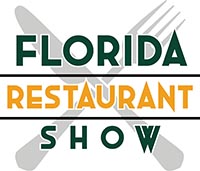How seasoned caterers are facing the COVID-19 crisis
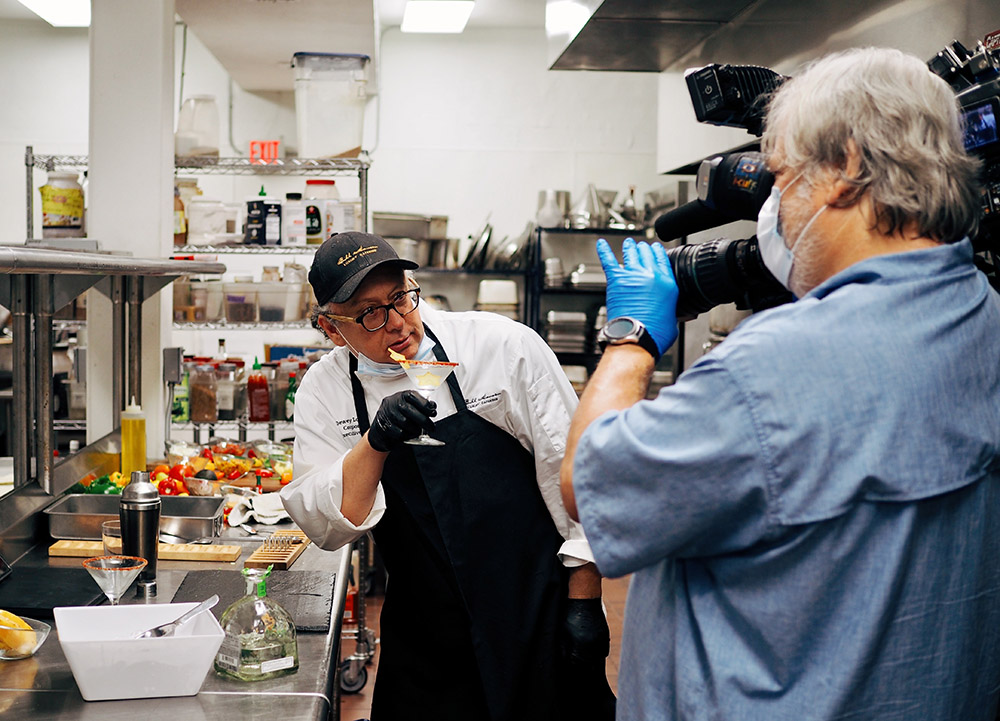
By Sara Perez Webber
2020 wasn’t supposed to be this way. The COVID-19 crisis and the resulting devastation in the industry have waylaid all the plans catering companies may have had for the year.
Yet even while they’ve had to make tough, emotional decisions, caterers are responding to the times with characteristic grit and optimism. Catering Magazine interviewed the following longtime caterers in late April. They shared how their businesses are coping with the crisis, their advice to others in the industry, and how they’re planning for the new normal.
Bill Hansen Catering & Event Production
Coconut Grove, Fla. • billhansencatering.com
At Bill Hansen Catering & Event Production, CEO Bill Hansen has overseen a variety of initiatives to keep staffers working and position the company for the eventual reopening of the economy.
The company began Family Meal Delivery in mid-March, offering three-course meals, custom-crafted by Corporate Chef Dewey LoSasso. Response to its Passover Seder Meal Delivery was so strong that the company was expecting as many as 300 orders for its Mother’s Day Delivery Package, featuring a family-style menu and such options as a floral bouquet and crafted cookie box. Celebration in a Box also launched recently, with the first version a Cinco de Mayo delivery package featuring all the fixings for tacos and margaritas.
The interruption in business has also provided an opportunity to focus on long-term projects. The Bill Hansen sales team is taking a sales training program, Cardone University, and meets daily on a Zoom call. “We do role-playing and try to get better at selling,” says Hansen. The company is still booking on average three weddings a week, says Hansen, mostly for next year; a clause covering pandemics such as COVID-19 was recently added to all contracts. “We’re running 45 percent ahead in revenue projections for 2021, but obviously we’ve had to slash our budget.”
Hansen is also using the downtime to work with an outside firm to analyze the catering company’s culture. “We’re a pretty good place to work, but I want this to be a great place to work for everybody—to delight our employees, our internal customers,” he says. The company has been able to keep roughly half of its full-time employees on the payroll, working at half pay.
In addition, Bill Hansen Catering is providing 30 meals a day to first responders in Opa Locka, where its commissary is located, and is working with the Miami City Commission to provide meals and grocery items to the elderly in Coconut Grove.
“This is a setback, but every setback is a setup for a comeback,” says Hansen. “I really believe we will come out of this stronger and better.”
Chef Dewey LoSasso was interviewed by a Miami television program about the Cinco de Mayo-themed “Celebration in a Box.”
Advice from Bill Hansen:
My biggest piece of advice is one that I learned a long time ago: Cash is king. Hang onto every penny for as long as you can. Negotiate every contract and every payable. Do everything possible to keep your team members on the payroll, even if it’s at reduced pay. And, lastly, know that there will be wonderful opportunities to merge or acquire other businesses if you held onto your cash and took advantage of the SBA loan programs.

Elegant Affairs
Glen Cove, N.Y. • elegantaffairscaterers.com
Before the COVID-19 crisis, Elegant Affairs on New York’s Long Island only offered dinner delivery for such holidays as Passover, Thanksgiving and Christmas. Since the pandemic shutdown, however, the catering company quickly shifted gears, setting up an online dinner delivery system that’s averaging between 60 and 80 orders a day.
Three-course dinners are offered Mondays, Wednesdays, Fridays and Sundays, with menus posted weekly. About half of customers order for the entire week, with the rest ordering by the day. Wine, beer and spirits are also available, if accompanied by a food order. Recent themed packages included Mother’s Day in a Box—feeding four to six, with such inclusions as shrimp cocktail and a spiral ham—and Backyard Barbecue in a Box, with everything needed for a grilled feast for four to six.
While pickup is an option, about 90 percent of customers request delivery. “Our driver texts the customer when they are 15 minutes out,” says Andrea Correale, president of Elegant Affairs. “The customer usually will leave the garage door open, and we place their items there.”
Frustrated by her own experiences trying to get groceries delivered, Correale came up with another idea—Grocery to Go, available on the same online platform as dinner delivery. Customers can choose from a wide range of products, from milk and cleaning supplies to bagels from Long Island Bagel Café to—most recently—face masks, hand sanitizer and bleach. The most popular items are paper towels, toilet paper, water, meat and produce, according to Correale. Both the meal delivery and groceries-to-go have allowed Elegant Affairs to keep some of its staff working.
Elegant Affairs also organized a fundraiser to support meal delivery to healthcare professionals at Glen Cove Hospital, and has been involved in food delivery to other hospitals in the area.
“I’ve been in business for 25 years,” says Correale. “I’ve been through 9/11, I’ve been through the 2008 crisis, and we’re going to get through this also. This is not the end; this, too, shall pass. So to all my brothers and sisters out there in the industry, just keep strong, hold on tight, and I promise we’ll get through this together.”

Advice from Andrea Correale:
Reinvent yourself any way you can to keep business coming through the door. We will be the last ones to recover.
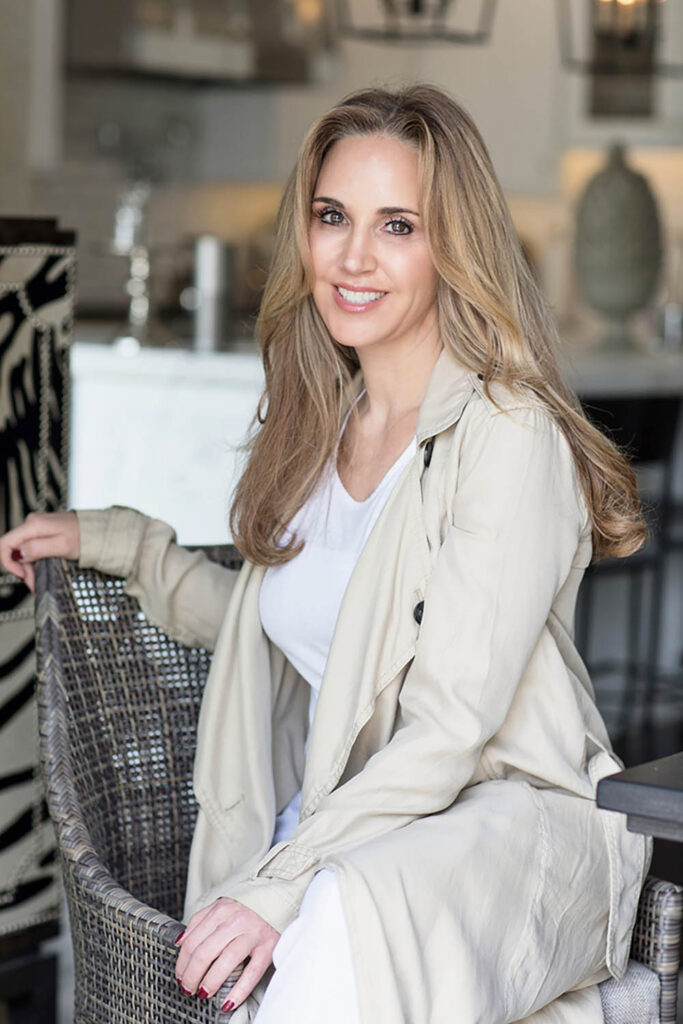
Butler’s Pantry
St. Louis • butlerspantry.com
Butler’s Pantry has placed a strong emphasis on safety since the advent of the coronavirus crisis. The family-owned company that’s been in business for more than 50 years is operating on a shift system, with small teams working on a rotating schedule. All team members are required to take their temperatures on arrival, and then wear a sticker to show they’re approved. A daily crew is dedicated to sanitation, masks and gloves are mandatory, and the company will only work with trusted vendors who follow similar practices.
In fact, Rick Nix, president of Butler’s Pantry, has been working with other caterers to help prepare for what catering will look like in the future—including improvements to food safety, storage and transport. “These include doing our best to anticipate what our clients will be looking for in menu selections and offerings. How will food be displayed? Will buffets be taboo?” wrote Nix in a recent leadership piece for the Leading Caterers of America. “Self-service will definitely be a thing of the past. We’re even thinking about the way we present our employees. I know our customers will want reassurance that our number-one goal is their safety. And, along with the safety of our team members, it is!”
Butler’s Pantry is offering Heat & Eat Meals for delivery or pickup, with menus that change weekly. Available Monday through Saturday, the chef-prepared meals are ready to go for families, with a portion of the proceeds benefiting those unemployed in the hospitality industry.
About 60 percent are delivered via contactless delivery. For the 40 percent of orders that are picked up, customers call once on site, and a gloved and masked Butler’s Pantry employee will place the order directly into the customer’s trunk.
After a successful Easter Brunch promotion, many customers purchased the Mother’s Day Brunch Buffet as a gift, having it delivered to their mother’s or grandmother’s house. The smallest delivery size fed four to six, with refrigeration and reheating instructions, so the brunch could feed the recipients over several days.
“The current situation has provided challenges to overcome,” says Nix. “However, I’m confident that those of us in the hospitality business will pause, pivot and find creative ways to continue giving our patrons ways to celebrate important milestones.”
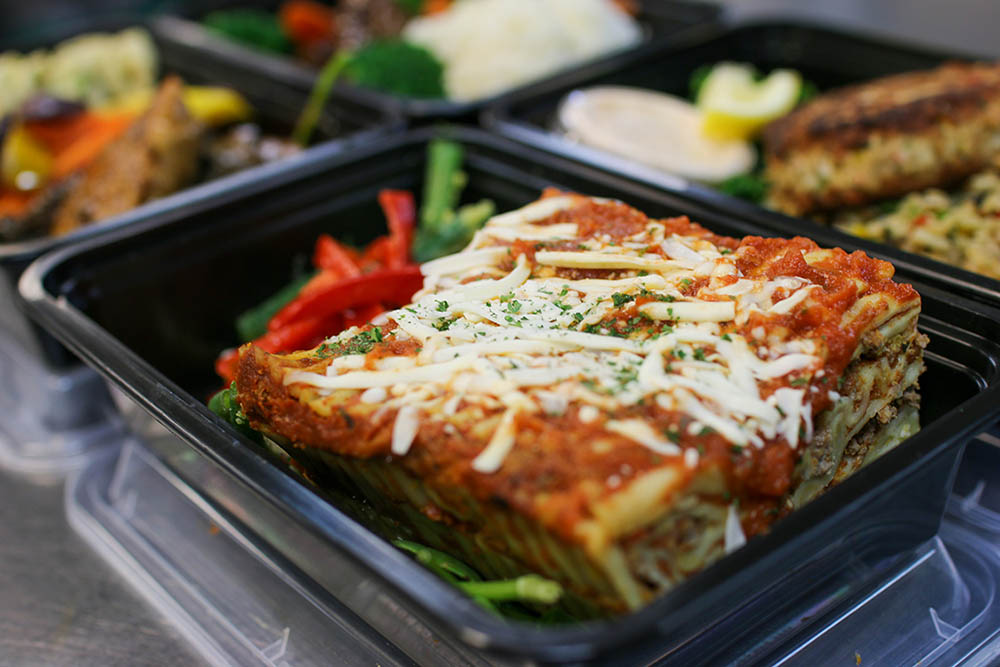
Advice from Rick Nix:
I hope all restaurateurs, caterers, banquet centers and hotels will take this time to reimagine their dining rooms and ballrooms. Open up your spaces. Set fewer tables. Take fewer reservations. Place more time and attention on additional service training. Give your customers the assurance you are remaining relevant in the new “normal.” Welcome them back, not with open arms (we may still keep our distance for a while, after all), but with creative promotions and exciting advancements in 2020 hospitality.

The Festive Kitchen
Dallas • festivekitchen.com
For many years, The Festive Kitchen has operated two food shops in the Dallas area, selling more than 100 handcrafted items daily, for pickup or delivery—in addition to event catering. This experience positioned the company well for the bottom falling out of their event business due to COVID-19. “We pivoted and were offering ‘Touchless Curbside’ within 24 hours,” says Sandy Korem, founder and CEO.
Korem says the Touchless Curbside business—in which customers pay in advance, call when they’re coming, and have their orders placed in their trunk when they arrive—has been “phenomenal,” with more customers opting to pick up their orders than take advantage of the company’s Door to Door Touchless Delivery. In addition to the 100-plus food shop items, Festive Kitchen offers a “Fresh Food” menu that changes every two weeks, with daily specials.
The company is also selling some basic grocery items, such as salted butter and chicken breasts, and Korem advises others to “be the grocer for your staff.” Festive Kitchen buys essential items just for the people working there, selling them wholesale so employees can easily and economically feed their families. “Employees are very grateful for not only the price of the food but that they do not have to go to the local grocery store,” she says.
Korem also runs a consulting business, The Catering Coach, and says she’s heard from many more restaurant owners than caterers since the crisis began—except for the caterers in her Catering Coach VIP group. “I’ve seen many articles about ‘keeping busy’ during the crisis,” she says. “My members are not ‘keeping’ busy. They are so busy with pivoting to multiple revenue streams that they have not had a day off in over a month.”
Online ordering is “here to stay,” not just for Festive Kitchen—Korem is in the process of getting more robust software to handle the orders—but for many of The Catering Coach’s members. “My mantra has always been, ‘Festive Kitchen wants to be your daily necessity.’ Our customers love our food at events, but why should they have to wait for an event to have their Festive fix? That is why I originally started the two food shops. Now with online shopping we can increase the expanse of serving our customers that are not near our shops. They can order, and if they don’t live close enough to shop our stores, then we deliver to them.”
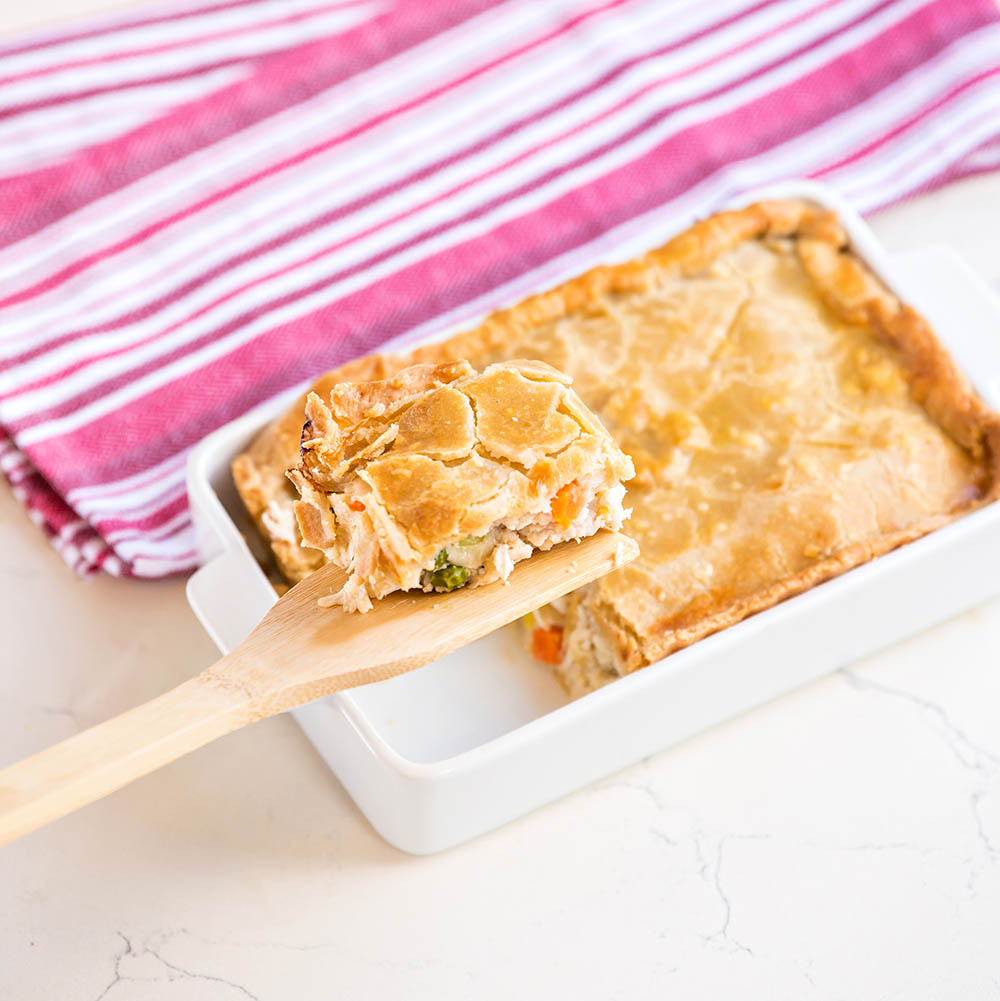
Advice from Sandy Korem:
I have talked about “multiple revenue streams” for years. A caterer cannot survive with just event catering. It does not make financial profit sense, and this crisis has proven that point. After COVID-19, a caterer’s business SHOULD, not will, no longer be the same. If a caterer’s business stays the same as pre-COVID, in no uncertain terms, they are not looking at the world with real eyes. Difficult words to hear, but it is the difference between long-term loss or profits for you, your employees and your business.



